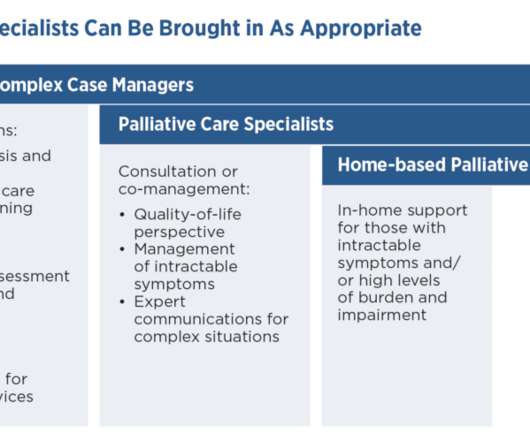State Policy Considerations to Support Equitable Systems of Care for Children and Youth with Special Health Care Needs
NASHP
MARCH 29, 2024
5 Compared to white, non-Hispanic CYSHCN, CYSHCN who are Black or Latinx are at particular risk of receiving infrequent, low-quality care, 6 while American Indian and Alaska Native CYSHCN are less likely to be able to access specialty treatment or receive culturally sensitive services.










Let's personalize your content